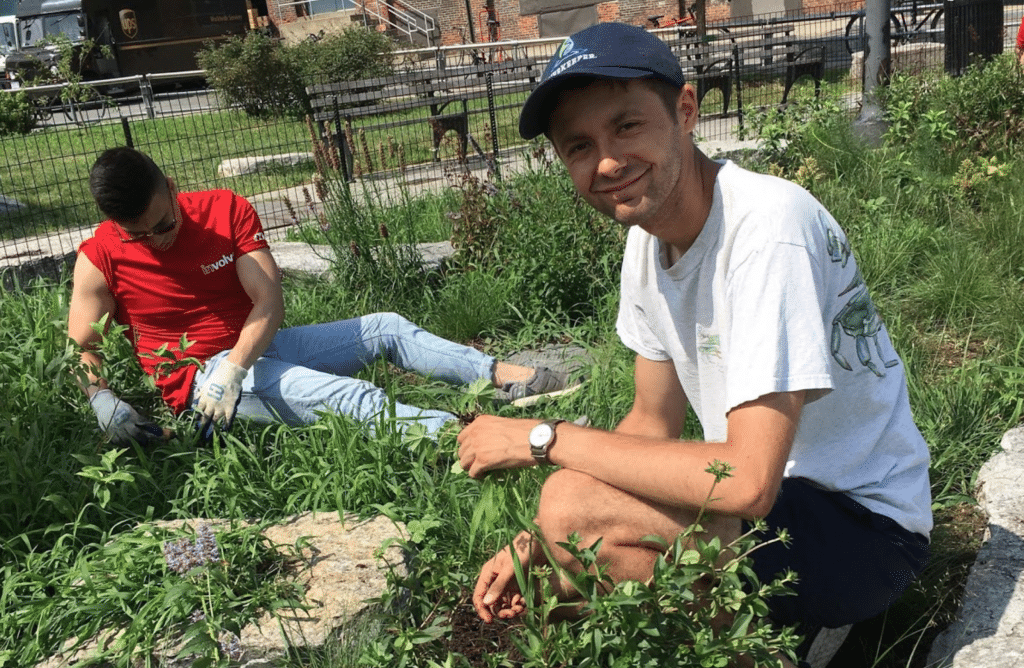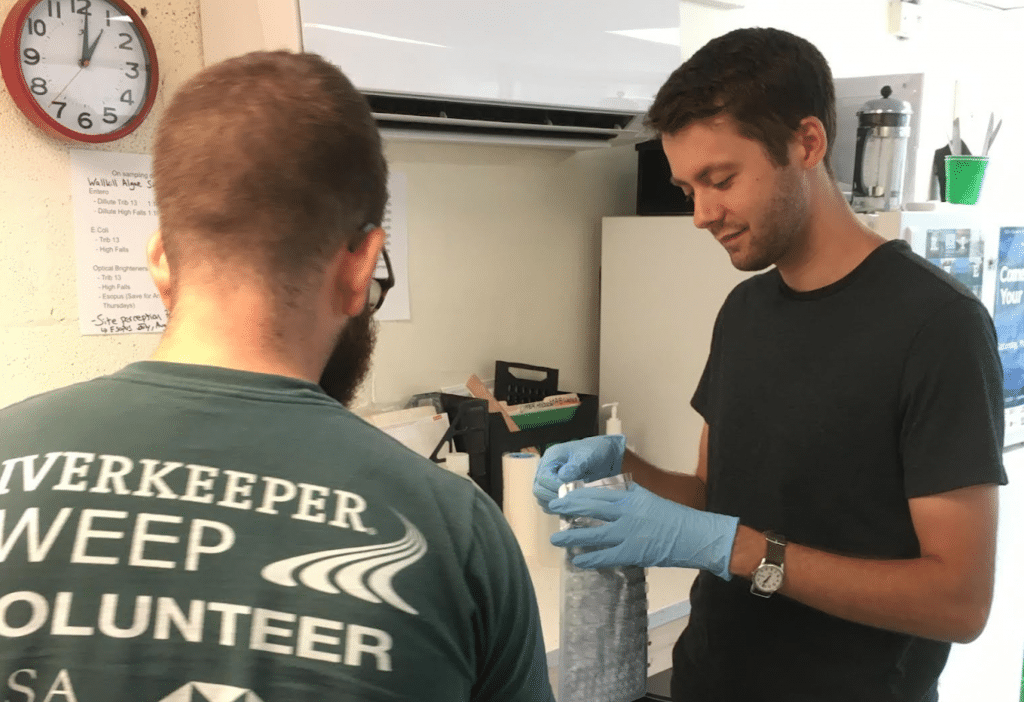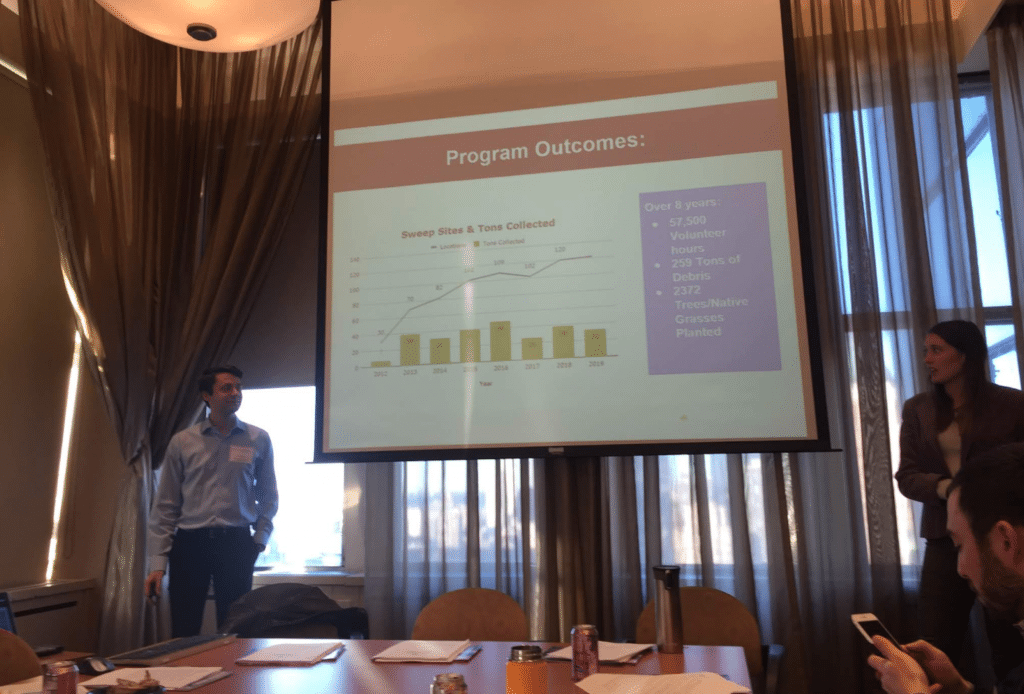
The FAO Schwarz Fellowship believes in the power of imagination and in the energy, abilities, and hopes of each new generation to envision and create a better future and a better world. This program provides recent college graduates with the training and experiences they’ll need to LEAD THE CHANGE. Each year, a new cohort of Fellows interested in nonprofit and social impact leadership careers undertake paid, two-year Fellowships at leading nonprofits in one of three host cities: Boston, New York City and Philadelphia. By combining direct service with a capacity-building project, the Fellows develop professional and leadership skills, knowledge and networks that help them launch successful social impact careers. Six positions for 2021 graduates will likely be available in the next cohort.
To learn more about this program and to get some application suggestions, we spoke with Nicholas Mitch, who is wrapping up his two years as a FAO Schwarz Fellow.
1. What inspired you to apply for the FAO Schwarz Fellowship?
Growing up in south-central Indiana gave me a first-hand look at how communities impact and are impacted by the waterways around them and introduced me to community organizing and advocacy at a young age. I experienced relationships between communities and waterways in new ways on the coast of Maine while studying at Bowdoin College and during internships at The Nature Conservancy, the National Park Service, and the Damariscotta River Association.
All these experiences instilled in me a core understanding: healthy ecosystems and healthy communities go hand-in-hand. In the long term, you can’t have one without the other. As I searched for post-graduate opportunities, I was looking for a chance to live out this understanding while further immersing myself in the nonprofit sector. The FAO Schwarz Fellowship provided a chance to do that, providing opportunities to grow alongside passionate fellows and a robust network of support.

2. What is a typical week like for a FAO Schwarz Fellow?
My work at Riverkeeper, a nonprofit that works to protect the Hudson River and its watershed, is to help people connect with and be stewards of the Hudson River and includes coordinating school visits and service projects in addition to assisting with Riverkeeper’s advocacy campaigns at the local and state levels.
That said, each host organization is unique, and I want to be clear that most are not in the environmental sector. A typical week is going to vary a lot depending on the fellow and the nature of their organization, but there are some unifying features. All fellows engage in a mix of direct service and special project work. Direct service work involves hands-on work providing programs to communities, while special project work focuses on capacity building to advance the mission of the host organization. The combination of the two is a unique feature of this Fellowship and allows for a more comprehensive experience of the various aspects of the nonprofit sector.
Some of the most memorable times of my fellowship are from the twice-annual fellow retreats. Rotating among the three host cities, Boston, New York, and Philadelphia, these retreats are a time when all fellows gather together and share their experiences. In addition to being a great time for reflection, they’re a chance to see behind the scenes at each of the host organizations and gain a deeper understanding of key topics related to a career in the nonprofit sector.

3. What tips would you give others applying to the FAO Schwarz Fellowship?
It’s easy to say that strong applicants have a proven record of success and leadership at their undergraduate institution, but that still leaves an incredibly large pool of qualified applicants for only a few positions. To make their application/candidacy stand out at any stage of the selection process, I think that a candidate needs to be able to demonstrate two core commitments. First, that they are ready for an immersive experience in the nonprofit sector that will challenge them to learn, grow, and adapt every day. Second, that they understand the mission of the host organization(s) to which they are applying and bring unique perspectives and skills in serving it through the specific responsibilities outlined in the fellowship description. In demonstrating these commitments through their resumes, cover letters, and interview responses, candidates should seek to describe how their past personal, professional, and academic experiences have intersected with each other to prepare them to serve as a fellow in as tangible of a way as possible.
Nicholas Mitch is a 2018-2020 FAO Schwarz Fellow at Riverkeeper in New York, and an incoming Master in Urban Planning student at the Harvard University Graduate School of Design. He graduated from Bowdoin College in 2018.
Interested candidates can sign up for an online info session on July 15, October 15 or November 17. You can also visit the FAO Schwarz Fellowship website for more information.
Interested in applying? Bookmark FAO Schwarz Fellowship to your ProFellow account.
© Victoria Johnson 2020, all rights reserved.